Our collective of urban beekeepers created this amazing post on their blog: Apiculture Santropol Roulant. It’s packed with tons of local resources for aspiring beekeepers! Check out their bee-lingual blog for lots of other great posts!
So, you got the Flow Hive…
Welcome to the world of beekeeping!
Perhaps you are here thinking… well, now what? Well, now your education in the art and science of beekeeping begins. To be honest, it’s most advisable to start this education prior to having a hive, but here we are, flow hive in hand. If you still haven’t ordered bees for your first colony, we suggest that you spend the year educating yourself. Reading is not enough, however, so you might want to consider joining/forming a beekeeping collective or finding a mentor. To be sure, this post will not give you a deep education in urban beekeeping (no one internet post will do that), but it aims to point you in the direction of some of the resources that exist to help you in your journey here in Montreal.
First things first – where will your colony live?
A hive is a home for thousands and thousands of animals. They will only stay in that home if it meets their needs in terms of space and access to food. There is a lot of food in the city, but there are also an ever-growing number of hives, and while you may have thought to put together a melliferous garden, that alone will not keep your colony in good health, and certainly not if there are already a number of hives in your neighbourhood.
Luckily, Agriculture Montréal has created a handy hive map, where responsible beekeepers post the location of their hives so that the larger community can get a sense as to the density of bees in any given location. Check out this map see if there is honestly room for another hive in your neck of the woods. While bees can fly upto 5km in search for food, it’s way easier on the colony if that is not actually how far they have to go due to competition for pollen and nectar. While not a hard-and-fast rule, you might want to consider moving your hive if there are already other hives within a 500m radius of your chosen location.
You will want to register your hive with MAPAQ (see information flyer, French only). There are minimal guidelines that you must follow in installing your hive. For example, hives must be a distance of 15m to a public roadway, or a home, you should provide water for the hive, and it should be fenced in. You can find more details on the MAPAQ website.
So if you feel comfortable with your chosen location, here is a basic video on Hive location from the fine folks at Alvéole
Beekeeping basics
It looks like the flow hive will make extraction easier for you, but does nothing in particular to address the rest of the beekeeping season. Our collective manages 6 conventional hives in Montreal, and we did two extractions last year (spring and fall). We did both of these extractions in a couple of hours in the evening, with the help of a lot of lovely volunteers. It’s certainly messier than is likely with the flow hive, but it’s not too bad – and actually it is very fun and a real highlight for the group.
- Uncapping the honey.
- Sweet harvest!
- Filtering the honey together.
That being said, we were in the hives almost every week doing the rest of the work associated with keeping bees – managing swarms and parasites, otherwise inspecting the health of the colonies and replacing queens as needed. You will likely have to do the same. It’s not rocket science, but it is a science so it’s a really good idea to do some deep reading (and youtube viewing), before taking care of a colony of tens of thousands of these animals.
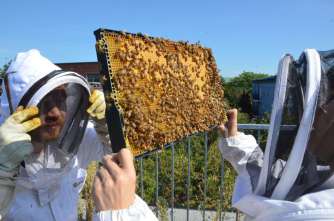
What we do at inspection: staring at bees
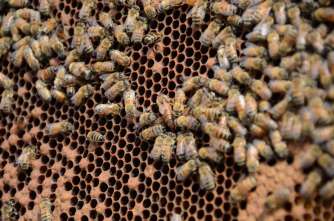
Can you spot the Queen?
Books
Here are some books that have been enjoyed by members of our collective.
- Honey Bee Biology and Beekeeping, by Dewey Maurice Caron
- Honeybee Democracy, by Thomas D. Seeley (less about beekeeping, more about how amazing bees are)
- Le Traité Rustica de l’apiculture, by Henri Clément
Videos
Here are a few video series that have been enjoyed by members of our collective.
Courses
If you haven’t already, take an apiculture course. Please. The apiculture community is pretty generous in terms of mentoring and material sharing, but it is advisable to start by getting yourself familiar with the basics.
– post photos thanks to Johanna Pellus
– featured image by Jazz Waheed
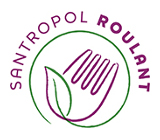
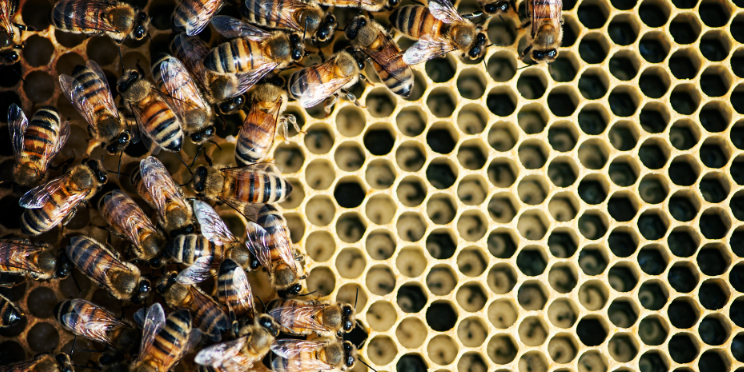
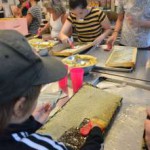
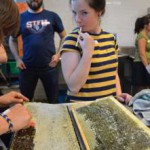
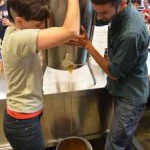
Comments 1
nice tips and info! thank you!! too bad, as usual, all the quebec links are in french only. lame…